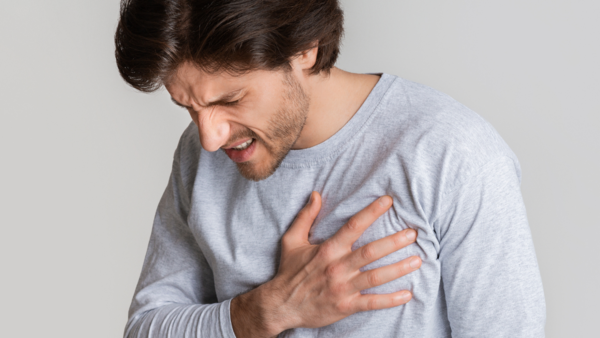Causes of heart palpitations
According to Dr. Anuj Kapadiya, MD, DM (Cardiology), Consultant Cardiologist, Director of Cath Lab, AIG Hospitals, Hyderabad, “Many factors can trigger heart palpitations, common non-medical triggers could be dehydration, lack of sleep, or even pregnancy. Emotional factors such as anxiety, stress, or outbursts, and hormonal changes, along with lifestyle choices also releases adrenaline causing the heart to beat harder. However, heart palpitations can also indicate an underlying medical problem that needs attention. People who suffer from thyroid disorder, anaemia, low blood sugar, high or low blood pressure, electrolyte imbalance, etc have increased risk of heart palpitations.”

Preventive measures for palpitation
Many people experience heart palpitations regularly, which can be bothersome. Lifestyle changes when done correctly work #2getherForAHealthyHeart to reduce the occurrence and stabilise your heartbeats.
Reduce the stress level with deep-breathing and relaxation exercises
Avoid or limit the amount of alcohol consumption
Stop or reduce use of tobacco or nicotine products
Control blood pressure and cholesterol levels
Reduce caffeine and food that trigger palpitations
Treatment for heart palpitation
Not everyone with heart palpitations will need treatment. However, treatment is required, will depend on the cause and frequency of the palpitations or if you have an history of other health conditions like heart problems, chest pain, etc. The most common line of treatment in case of heart palpitations with an underlying condition like arrhythmia or atrial fibrillation, is with medications, surgery, or an implantable device. If heart palpitations continue to recur and are accompanied by chest pain, dizziness, nausea, shortness of breath, or fainting episodes, a doctor should be consulted immediately.
Silent Threat-Exploring the link between sleep apnea and heart health

